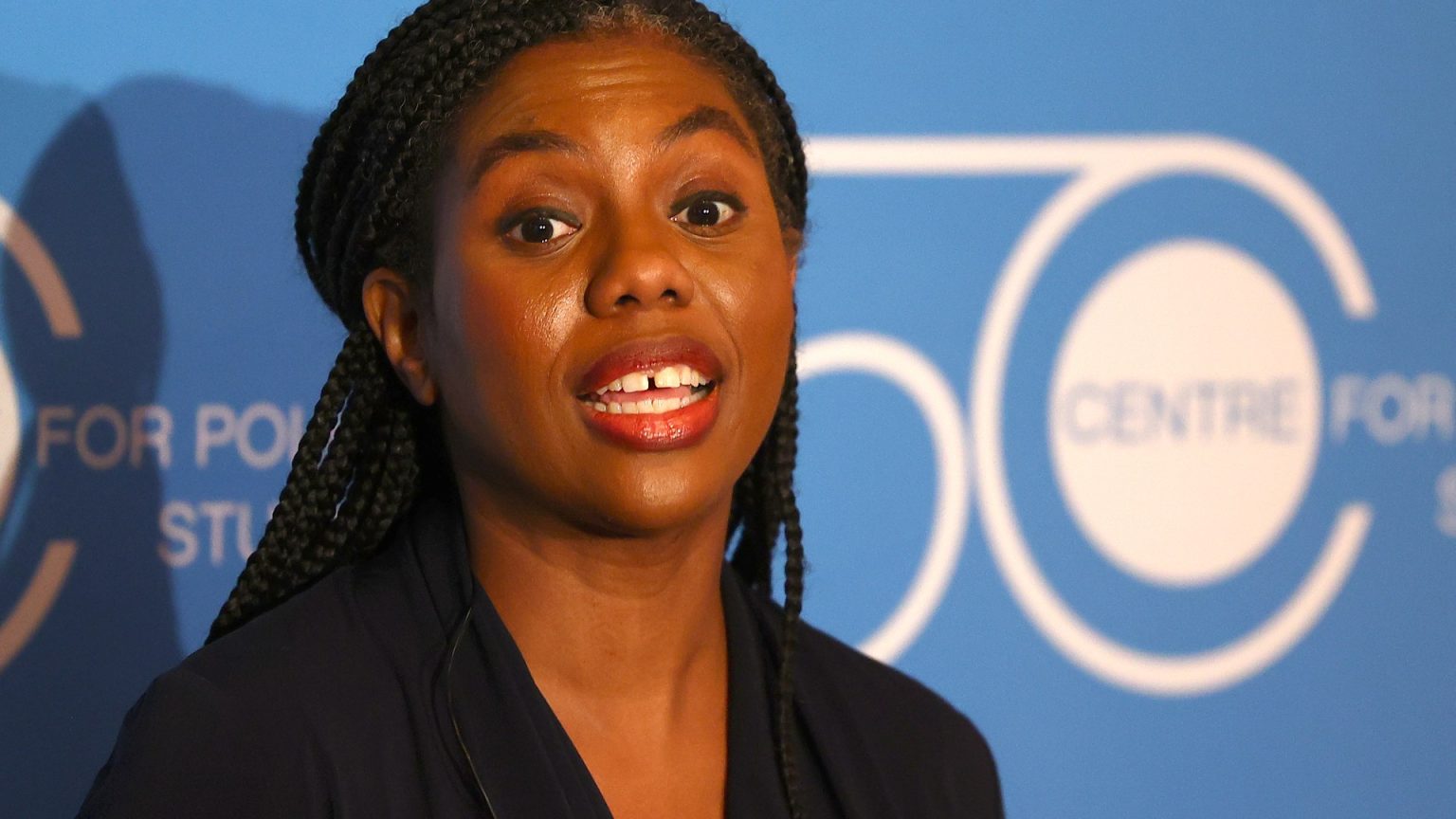Kemi Badenoch, the newly elected leader of the Conservative Party, has outlined a three-year plan to revitalize the party and prepare for a general election anticipated as early as 2027, though possibly as late as 2029. This strategic roadmap, unveiled at a Shadow Cabinet meeting, emphasizes a long-term approach, drawing inspiration from Sir Keir Starmer’s successful turnaround of the Labour Party. Badenoch’s strategy prioritizes rebuilding trust, establishing credibility, and ultimately, presenting a compelling vision for government. This phased approach acknowledges the significant challenges facing the Conservatives after 14 years in power and a recent dip in public support.
The first phase, spanning 2025, will focus on “rebuilding trust” with the electorate. This involves acknowledging and apologizing for past government missteps. Badenoch has already initiated this process by addressing the party’s perceived failures on migration, signaling further apologies are forthcoming on other key issues. This crucial first step aims to demonstrate humility and a willingness to learn from past mistakes, seeking to regain public confidence and lay the foundation for future electoral success. The emphasis on rebuilding trust underscores the understanding that regaining public support requires acknowledging past shortcomings and demonstrating a commitment to change.
The subsequent year, 2026, will be dedicated to “establishing credibility.” This phase will involve differentiating the Conservatives from other political forces, particularly Nigel Farage and his brand of populism, while simultaneously presenting the party as a viable alternative government. This strategic positioning is crucial to recapturing lost ground and appealing to a broader electorate. By presenting themselves as a responsible and credible governing force, distinct from more extreme political factions, the Conservatives aim to solidify their standing as a viable alternative to the current administration.
The final phase of Badenoch’s plan, commencing towards the end of 2027 and extending into the following years, will focus on “plans for government.” This stage will involve developing and unveiling specific policies and outlining a comprehensive vision for the future of the country. This delayed approach to policy development is a deliberate strategy, allowing ample time for thorough research, consultation, and refinement, ensuring the proposed policies are robust, well-informed, and resonate with the electorate. This calculated timeline underscores the party’s commitment to offering not merely reactive solutions, but a well-considered and comprehensive vision for the nation’s future.
Badenoch’s strategy also involves seeking inspiration and guidance from international counterparts, including Donald Trump’s Republicans in the United States, and right-wing parties in Australia and Canada. This outreach aims to learn from successful turnaround strategies implemented by these parties in their respective political landscapes. By studying and adapting successful strategies from other political contexts, the Conservatives aim to accelerate their own recovery and enhance their electoral prospects. This outward-looking approach demonstrates a commitment to learning from best practices and adapting them to the specific challenges and opportunities within the UK political landscape.
While the plan has been lauded for its ambition, some within the party have noted its lack of specific detail. However, Badenoch’s team emphasizes the strategic importance of a phased approach, focusing initially on rebuilding trust and credibility before unveiling detailed policy proposals. This measured approach aims to avoid premature commitments and ensure that future policies are grounded in a solid foundation of public trust and a demonstrable understanding of the electorate’s concerns.
The three-year timeline, culminating in a potential 2027 election, reflects the urgency within the Conservative party to regain lost ground and present a compelling alternative to the current government. Recognizing the significant challenge ahead, Badenoch’s strategy emphasizes a long-term vision, prioritizing rebuilding trust, establishing credibility, and ultimately presenting a comprehensive and well-considered plan for government. This methodical approach reflects a deep understanding of the current political landscape and a commitment to regaining public confidence and electoral success. The focus on learning from both past mistakes and international successes underscores the party’s determination to adapt and evolve, positioning itself for a successful return to power.











